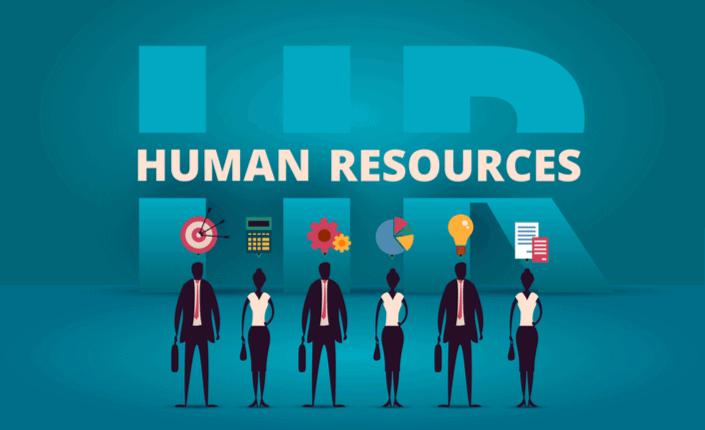
This article was written and published in Spanish and has been translated into English via Google Translate. Click here to read the original article.
It is essential to have a tool that can cover all the needs and processes of the organization to achieve a successful implementation of the project.
In the current era of digital transformation, it has become essential for multinational companies to have a global solution for the management of their Human Resources.
"The technological tools in the area are fundamental for companies to have a comprehensive view in real time about the collaborators, their journey, manage and manage them, to achieve greater optimization in organizational processes," says Maribel Cano, Latin America Marketing Manager of Meta4.
It becomes essential to have a tool that can cover all the needs and processes of the organization to achieve a successful implementation of the project. To achieve this goal, Meta4 defines five strategic and tactical considerations to take into account when selecting a global HR solution:
1. Size and complexity of the company. The particularities may vary depending on the template, your income and the geographical markets you are targeting. It is important to consider the current and future size of the workforce and the countries in which it operates to find suitable suppliers. Although the size does not determine the complexity since a medium-sized company with headquarters in a small country and with subsidiaries in several countries can be more complex than a company with a larger workforce that operates in a single country. This type of complexity requires functionalities and management capabilities that are much richer and more configurable.
2. Configurable global and local capabilities on a single platform. Have a single registration system to guarantee the integrity of the data and offer managers and managers a global view, in real time, of the entire workforce. The implementation of policies, best practices and global HR processes in the subsidiaries must be fluid, respecting at the same time the local autonomy, their differences and their legal needs.
3. Payroll on a single platform for several countries. Check if the platform offered by the supplier can execute the payroll management of the different countries in which the company operates.
4. Flexibility to deploy the HR solution. For example, to be able to put into operation first the personnel management modules and subsequently, the talent management modules independently and according to the needs of the business in a gradual and simple way.
5. Customer satisfaction with their supplier. For the implementation to be a success, it is necessary that the client and supplier work together as "strategic partners". The provider will bring their experience and knowledge in regards to technology, and the HR manager will share their needs, points of view and available resources. The connection and collaboration between both parties, will be essential to achieve the best results.
Considering the above, Maribel Cano summarizes that "a suitable global HR solution will be one that allows the company to benefit from the best practices of local and global HR, in all the group's subsidiaries, unifying criteria and processes, and promoting the development of talent worldwide."
This article was written and published in Spanish and has been translated into English via Google Translate. Click here to read the original article.
Join us in Miami Beach, June 5-7 for the Global Online Marketplaces Summit.
